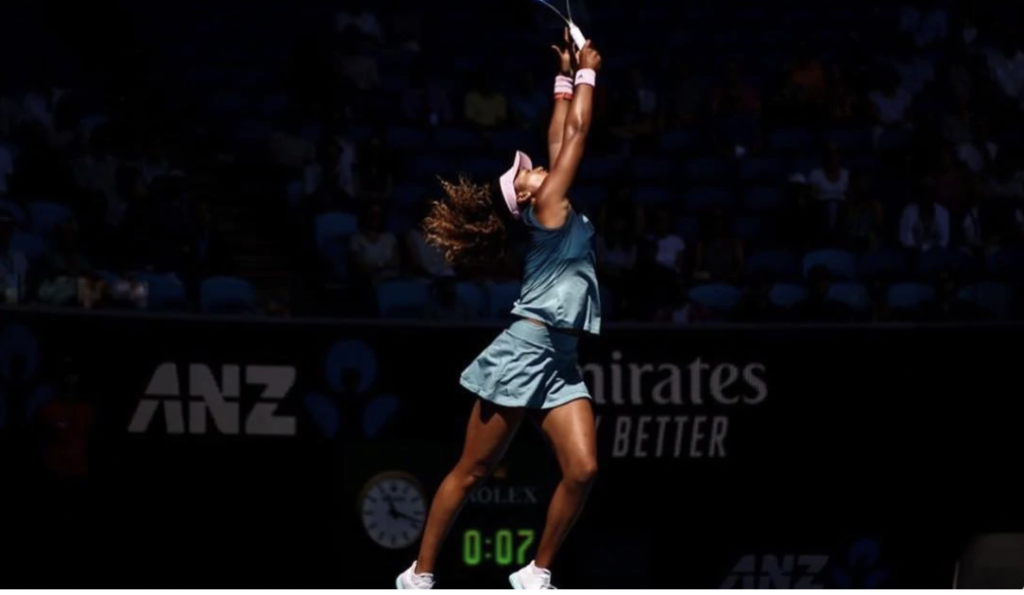Roland Garros. In my mind’s eye, I have a snapshot of the French Open that centers on a sea of wide brim Panama hats neatly displayed in the confines of Court Philippe-Chatrier, and focuses on its talented players who grace the striking red clay. There’s the history, there’s the city — don’t forget the Eiffel Tower with a tennis ball on top — and then there’s the stylish players and personnel. It is here that the best come to play in the city of lights.
For this reason, I was initially shocked to hear that Naomi Osaka chose to withdraw from the Grand Slam tournament this week. Osaka, the highest paid woman athlete in the world has won four Grand Slam trophies. A few days ago though, she forfeited her spot in the Parisian Crown Jewel to preserve her mental health.
In The Atlantic this week, sportswriter Jemele Hill exposes the tensions that arose out of Osaka’s choice. she questions: “Who controls a sport—the leagues that organize the competition, or the athletes who actually play?” As she notes, this question is particularly prescient for athletes of color, who feel mistreated and exploited by huge sports conglomerates (who are often partially owned or governed by even larger corporations).
When Osaka walked away from her first-round press conference, she was immediately fined 15,000 dollars. It’s a steep price to pay for a personal decision, one intended to allow the player to perform better on the court. In a statement signed by Wimbledon, the Australian Open, the U.S. Open, and the French Open, Osaka was warned that she could face harsher penalties if she did not fulfill her responsibilities to the media.
In a year fraught with hardship and loss, it is even more disappointing to see these powers align in opposition to Osaka. We should be joyous to watch tennis again, in community with others, but the harshness of tone displayed by the Grand Slam tournaments demonstrate the extent to which the invisible hands of capitalism dictate sportsmanship globally.
Roland Garros leadership should offer a choice in refraining from participating in press conferences or a more limited interview schedule to accommodate a player who cites her own mental illness. In a year that has caused so many of us to struggle, the lack of accessibility services to players who are responding to the increasingly demanding conditions of their sport is unacceptable. If these entities refuse to grant grace to Naomi Osaka, who are they extending encouragement and assistance to?
It is unfortunate to watch one of the greatest athletes of our generation, Naomi Osaka, be forced to kneel and stand down in the face of corporate interests. Ignore the red clay courts, the tournament, the branded Lacoste memorabilia, and the glamorous French city — it is clear that The French Tennis Federation (and the rest of the tennis world) must do better for their players.
